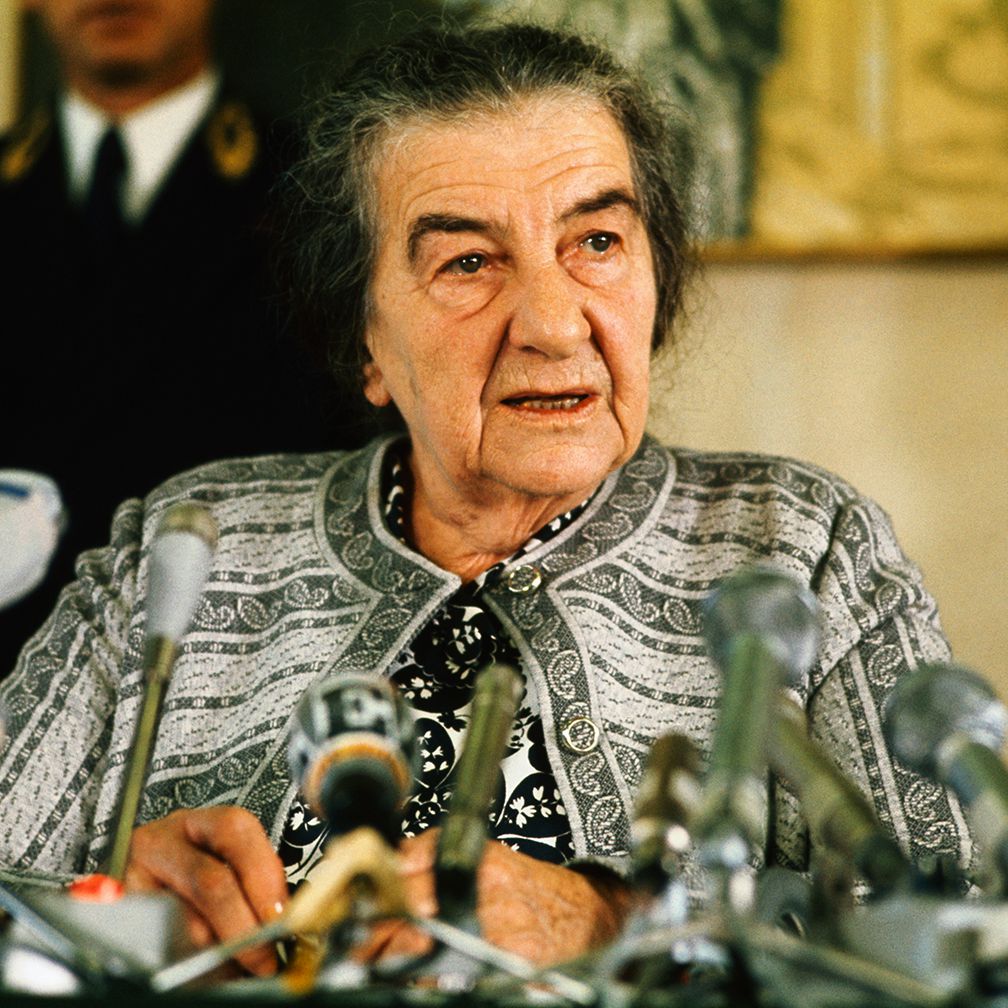Constructive Conflict: Advice from the Mother of Modern Management

When we look back to the 20th Century and reflect on great leaders, whether leading nations, organizations or social movements, there’s a tendency to produce a list with mostly male names. However, when one attempts to create a list of who were the great management thinkers during this period, it becomes even more skewed towards males. Names like Peter Drucker, John Kotter, Peter Senge, John Garner, James MacGregor Burns, Robert Greenleaf, Henry Mintzberg and Warren Bennis typically come to mind. But so, too, do names like Rosebeth Moss Kanter, Sally Helgesen, and Margaret Wheatley.
The irony behind this is that the individual who is recognized as what Peter Drucker called “The Prophet of Management” was a woman: Mary Parker-Follett, who was born in 1868 and died in 1933. Because of her foresight and innovative thinking, the effects of which are still being examined today, Follett may rightly be called the Mother of Modern Management.
Unfortunately, Follett’s writings and numerous lectures were set aside for several decades. It was not until the 1990s when her writings and concepts were reinvigorated. I was introduced to her work by my advisor for my Master’s leadership thesis in the late nineties. I was amazed that someone 60-70 years previously was urging such concepts as shared (participative) leadership, constructive conflict resolution through what was called “integration,” and “power-with” opposed to “power-over.” Indeed, my Master’s thesis was on the subject of shared leadership.
Let’s hear a few passages from some of Follett’s writings and lectures. Once you read them, reflect on their relevance to today, especially whether her concepts are being practiced.
1949: (Freedom & coordination: Lectures in Business Organization)
“Some writers tell us that the leader should represent the accumulation and knowledge and experience of his particular group, but I think he should go far beyond this. It is true that the executive learns from everyone around him, but it is also true that he is far more than the depository where the wisdom of the group collects.
When leadership rises to genius it has the power of transforming, of transforming experience into power. And that is what experience is for, to be made into power. The great leader creates as well as directs power. The essence of leadership is to create control, and that is what the world needs today, control of small situations or of our world situation.
I have said that the leader must understand the situation, must see it as a whole, must see the inter-relationships of all the parts. He must do more than this. He must see the evolving situation….His wisdom, his judgement, is used, not on a situation that is stationary, but on one that is changing all the time.”
1925: (Paper first delivered to Bureau of Personnel Administration conference)
“There are three ways of dealing with conflict: domination, compromise and integration. Domination…is a victory of one side over the other. This is the easiest way of dealing with conflict, but not usually successful in the long run, as we can see what has happened since the War.
The second way… [is] compromise, we understand well, for it is the way we settle most of our controversies; each side gives up a little in order to have peace…or that the activity that has been interrupted by the conflict may go on. Compromise is the basis of trade union tactics….But I certainly ought not to imply that compromise is peculiarly a trade union method….
There is a way beginning now to be recognized: …when two desires are integrated, that means that a solution has been found in which both desires have found a place, that neither side has to sacrifice anything.”

Follett gives several examples of how to find integrative solutions to problems. For example, she uses a personal problem she had one day at the library. Seated in the same room with a man who wanted the window open for fresh air, Follett objected because she didn’t want cold air blowing on her. The integrative solution? They opened a window in the adjacent room. The man got his fresh air while Follett didn’t get a draft.
So here are three examples for you to find integrative solutions:
Case #1: Mr. Tuna
You work in a typical cubicle farm. Your neighbour enjoys eating tuna fish sandwiches several days a week. You’ve mentioned on a few occasions that the smell is nauseating, but he’s not getting the message. What would be an integrative solution in this case?
Case #2: Ragtime Blues
You live in a condo high-rise. During the early evening, the person next door pounds out ragtime on her piano. She’s not breaking any bylaws or condo policy. What is the integrative solution?
Case #3: He Shoots, He Scores!
You like your neighborhood where you’ve lived for many years. But there’s a problem. Every fall, the kids set up their nets on your cul de sac and play ball hockey for the next five months. You love your BMW and fringe every time you hear the slap of a stick. What’s the integrative solution with these youngsters?
Be sure to post your solutions for others to see and comment on. And sure, include any humorous solutions. If we get enough, we’ll have a contest to vote for the best one.
There you have it, folks, a few illuminating bits from an amazing woman who was far ahead of her time. What’s unfortunate is that despite so much pain and suffering through the rest of the 20th Century after Follett’s death, and during the first two decades of the 21st Century, we don’t as a society seem to have learned much.
Conflict in the workplace and communities is worse, organized labor and management continue to grab for one another’s throat, and municipal politics is as nasty as ever.
When it comes to the practice of leadership, the heroic mindset still prevails: “Do as I say, not as I do!” Role modelling is in short supply. Exceptional leadership is, as the saying goes, scarce as hens teeth.
The most important thing in communication is hearing what isn’t said.
—Peter Drucker
Articles from Jim Taggart
View blog
Accountability has become one of those words used in organizations that make people wince. Many year ...

I am your servant. I do not come to you as a leader, as one above others. · When you read these word ...

The literature on inter-generational differences has been in hyper-drive for a while. Think tanks sp ...
You may be interested in these jobs
-

Senior Arbitration Specialist
Found in: beBee S2 CA - 4 weeks ago
OPENLANE Black Creek Village, Canada TEMPORARYWho We Are: · At OPENLANE we make wholesale easy so our customers can be more successful. · We're a technology company building the world's most advanced-and uncomplicated-digital marketplace for used vehicles. · We're a data company helping customers buy and sell smarter with ...
-
cook
Found in: Talent CA 2 C2 - 5 hours ago
Kyoto Sushi Japanese Restaurant Edmonton, CanadaEducation: · Expérience: · Education · Secondary (high) school graduation certificate · Tasks · Prepare and cook complete meals or individual dishes and foods · Prepare and cook special meals for patients as instructed by dietitian or chef · Plan menus, determine size of food p ...
-
Accountant
Found in: Talent CA C2 - 2 days ago
SGS Mississauga, Canada Full timeJob Description · Primarily responsible for accurate and timely financial and management reporting. The position will also work closely with the finance team and must be capable of liaising with staff at all levels in the organization. · Provide technical support and expertise in ...


Comments